
How to Prevent Dry Winter Skin
With fall upon us and winter coming soon, we’re already turning up the heat and putting on the cozy blankets. However, with the colder weather comes the drier air (especially indoors), harsher winds, and the dry, chapped, skin.
In some cases, your skin may try to overcompensate for this loss in moisture by overproducing oil and sebum - which can lead to increased skin build-up and even acne. By keeping our skin hydrated, we are able to keep it healthy and protected from the harsher elements.
How to treat dry winter skin

Here are some of our tips to keep your skin healthy and hydrated during the cold winter months:
1. Lower the temperature.
With those chilly early mornings, you may be tempted to blast the heat and take a nice, hot shower. Unfortunately, intense indoor heating (think of the blast from a space heater) can leave the air incredibly dry and pull all the moisture out of your skin. Instead of turning on the space heater or the central heating, try some socks with a heated blanket! You’ll still feel super toasty without driving up the heating bill.
This is the same for hot showers, as they can strip the skin of our natural oils and even irritate the skin. In some cases, prolonged hot showers can even damage keratinocytes in our epidermis, the outermost layer of our skin (Atteberry, 2010). If you love your hot showers and they help you relax after a long day, we get it! Try to keep the showers shorter and lower the temperature even just a bit, and always remember to moisturize your body afterwards.
2. Use non-stripping body washes.
If you love your everyday showers (and we can’t blame you), then we recommend that you use non-stripping, moisturizing body washes. This can come in the form of a shower oil, or cleansers that are pH balanced to the skin's natural acidity and formulated without barrier-disrupting ingredients like sulfates.
If your skin is acne prone or sensitive and you tend to avoid certain oils, body washes with moisturizing ingredients such as oats and non-comedogenic oils like hempseed or evening primrose would also moisturize the skin. If you have sensitive skin and are hesitant to try out a new product, it’s always best to patch-test an area first.
3. Moisturize right after washing.
If your skin is still feeling dry after a shower or washing your hands, moisturizing right after washing can add back a layer of moisture and protection. If your skin is still feeling super dry and needs some extra TLC on top, layering additional moisturizers may help. To build effective layers, start with water-based moisturizers and end with an oil-based product or an occlusive. We love using our Botanical Recovery Serum as the last step for the face and body to re-introduce moisture and essential omega-3 and 6 fatty-acids back into the skin.
4. Use a humidifier
Not only does your skin need moisture, the air in your home does too! Add some moisture back into the dry air of your home with the help of a humidifier. If the cold weather’s got your body feeling a little rundown, using a humidifier can also relieve chronic runny nose, nose bleeds, dry eyes, and sinus congestion (Cleveland Clinic, 2019). If purchasing a humidifier is not in the cards, hanging some freshly washed, wet (not dripping!) towels around the house will work too, as well as boiling a pot of water on the stove (pasta or soup, anyone?).
Interestingly, dry air also does not hold heat as well as humid air (ever wonder why rainy days seem less cold?), so introducing humidity back into your home will keep your heater from working overtime. Not only will your skin and sinuses thank you, those 50 house plants you acquired during the pandemic will thank you too!
5. Stay hydrated
While we love our PSLs and spiced ciders in the colder weather, we still need plain ‘ol H2O (in case you needed a reminder). To keep our skin healthy and hydrated, we need to not only hydrate from the outside in, but from the inside out. To make your water a little tastier and give you a small Vitamin-C boost, add some lemon wedges into your water. If you’re feeling chilly, don’t underestimate what a little lemon and hot water can do.
For additional hydration, studies have shown that eating foods high in omega-3s such as flaxseed, walnuts, broccoli, and spinach can help maintain and improve skin health. Omega-3s are essential fatty acids that can help improve skin barrier function, inhibit UV-induced inflammation and hyperpigmentation, and reduce transepidermal water loss in the skin.(Huang et al., 2018).
By consuming these essential fatty acids, they are absorbed into the bloodstream and can enrich long chain n-3 fatty acids in the epidermis, significantly altering the fatty acid composition (Rhodes et al., 2003).
The takeaway
Keeping your skin hydrated and healthy is an ongoing process, but with these small changes, you can hopefully keep that cracked, irritated dry skin at bay. If your skin is still feeling dehydrated and irritated despite your efforts, seeing a dermatologist or your healthcare practitioner for an expert opinion is the next best step. With everything in mind, we always recommend doing what works for your lifestyle and skin type.
References
Atteberry, J. (2010, January 19). Are long, hot showers bad for your skin? HowStuffWorks. Retrieved October 20, 2021, from https://health.howstuffworks.com/skin-care/cleansing/myths/hot-showers-bad.htm.
Huang, T. H., Wang, P. W., Yang, S. C., Chou, W. L., & Fang, J. Y. (2018). Cosmetic and Therapeutic Applications of Fish Oil's Fatty Acids on the Skin. Marine drugs, 16(8), 256. https://doi.org/10.3390/md16080256
Linus Pauling Institute. (2021, January 1). Essential fatty acids and skin health. Linus Pauling Institute. Retrieved October 21, 2021, from https://lpi.oregonstate.edu/mic/health-disease/skin-health/essential-fatty-acids#epidermal-lipids.
Lungs, B. and A. T. (2021, April 6). How you can tell if you need a humidifier. Cleveland Clinic. Retrieved October 20, 2021, from https://health.clevelandclinic.org/how-you-can-tell-if-you-need-a-humidifier/.
Rhodes LE, Shahbakhti H, Azurdia RM, et al. Effect of eicosapentaenoic acid, an omega-3 polyunsaturated fatty acid, on UVR-related cancer risk in humans. An assessment of early genotoxic markers. Carcinogenesis. 2003;24:919-925.


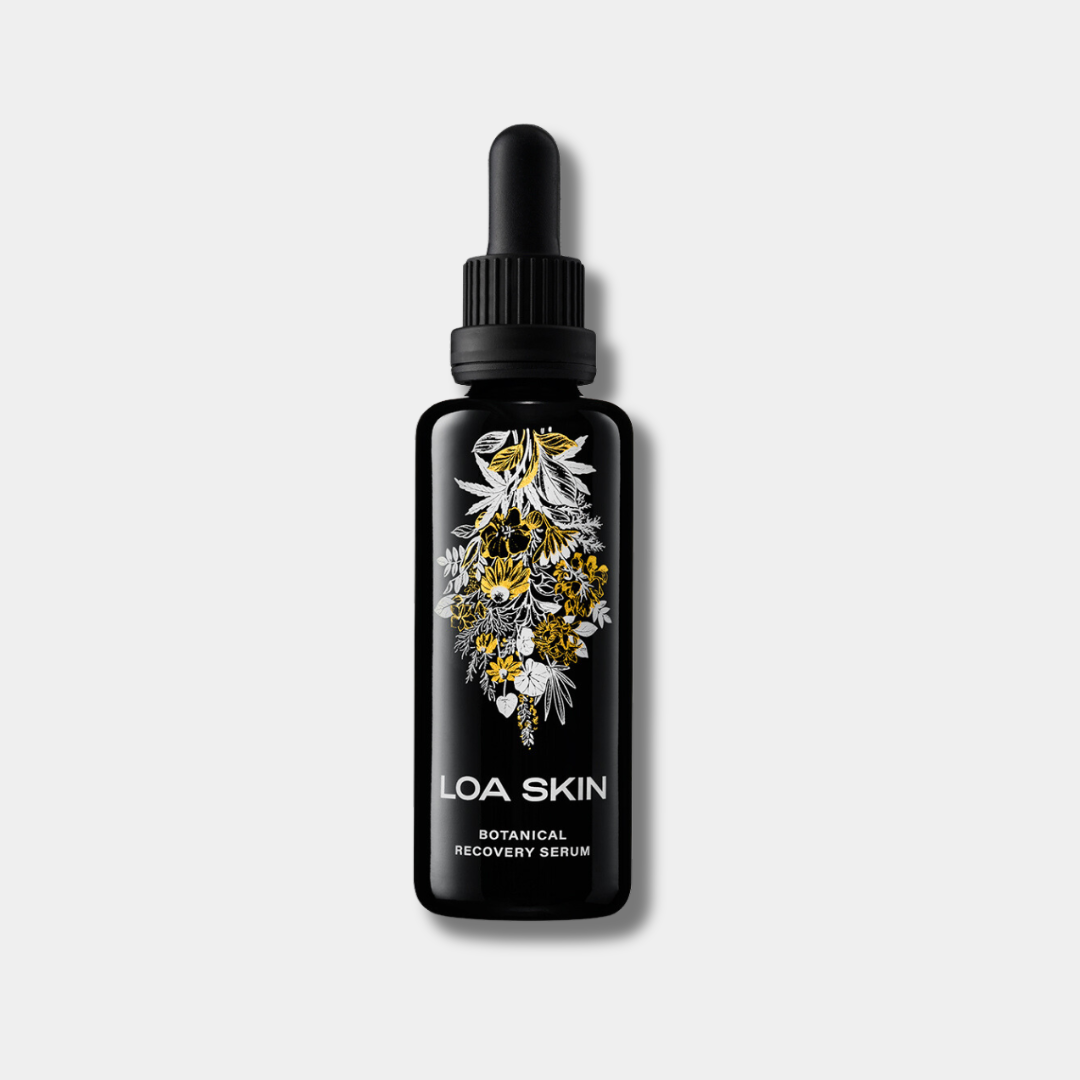
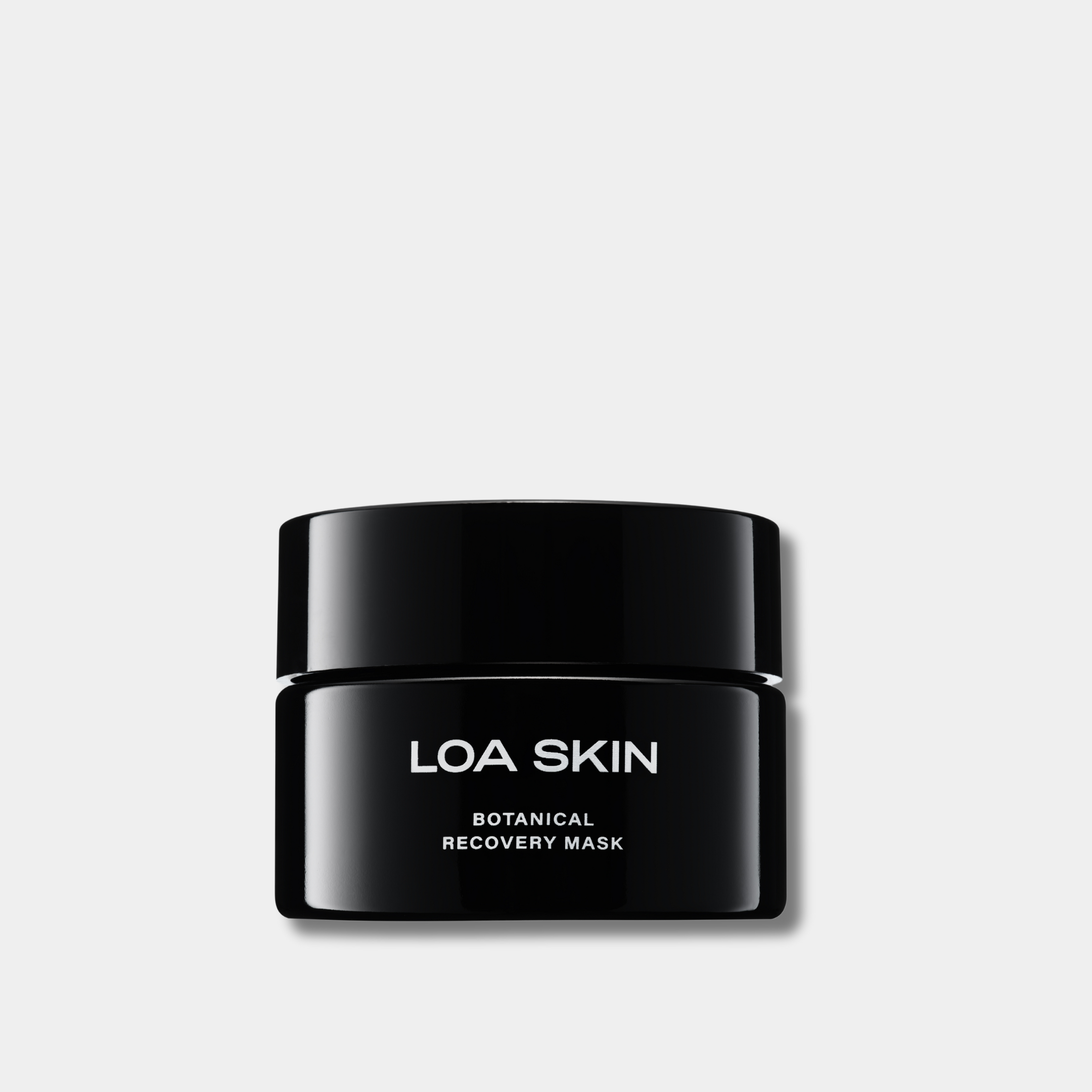
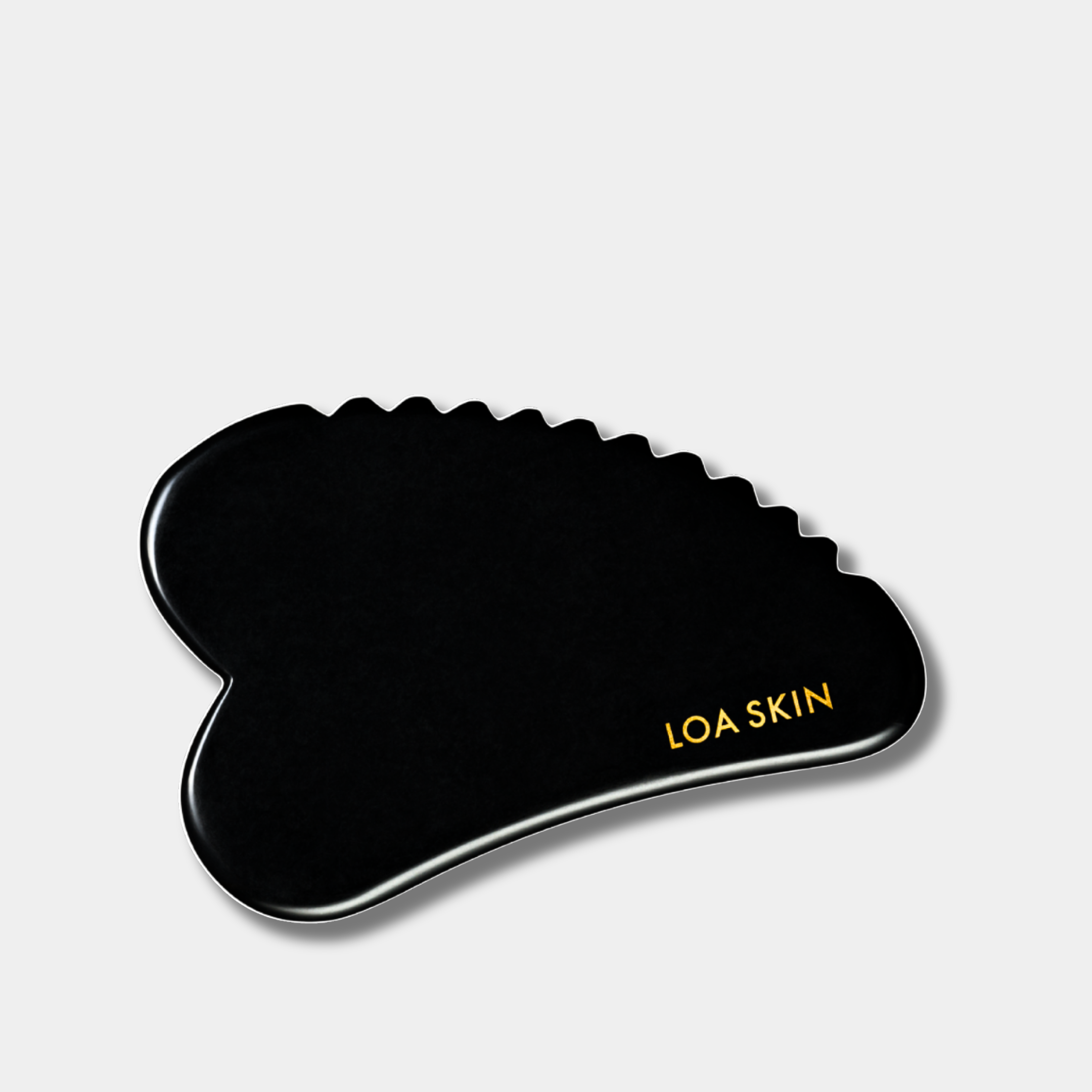
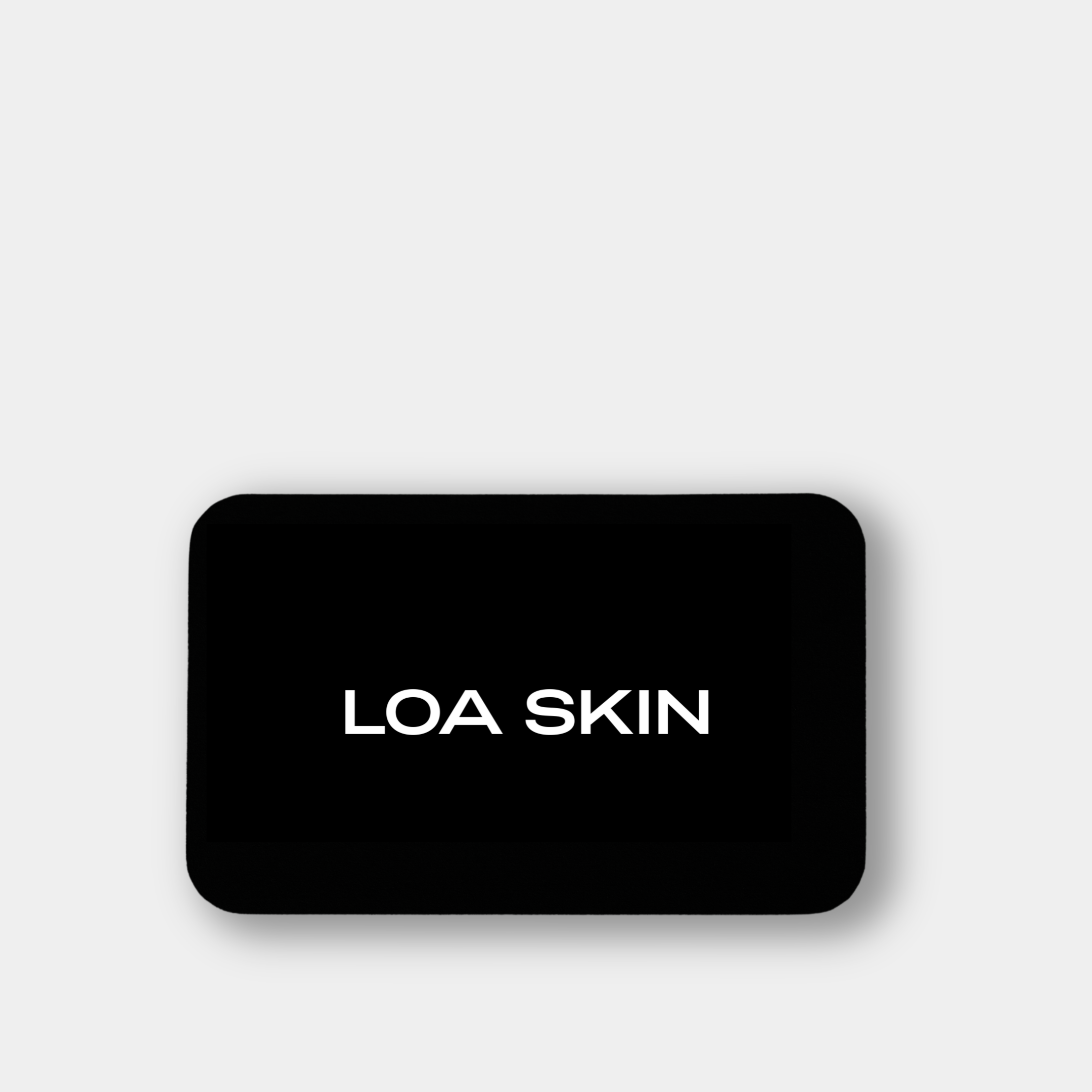
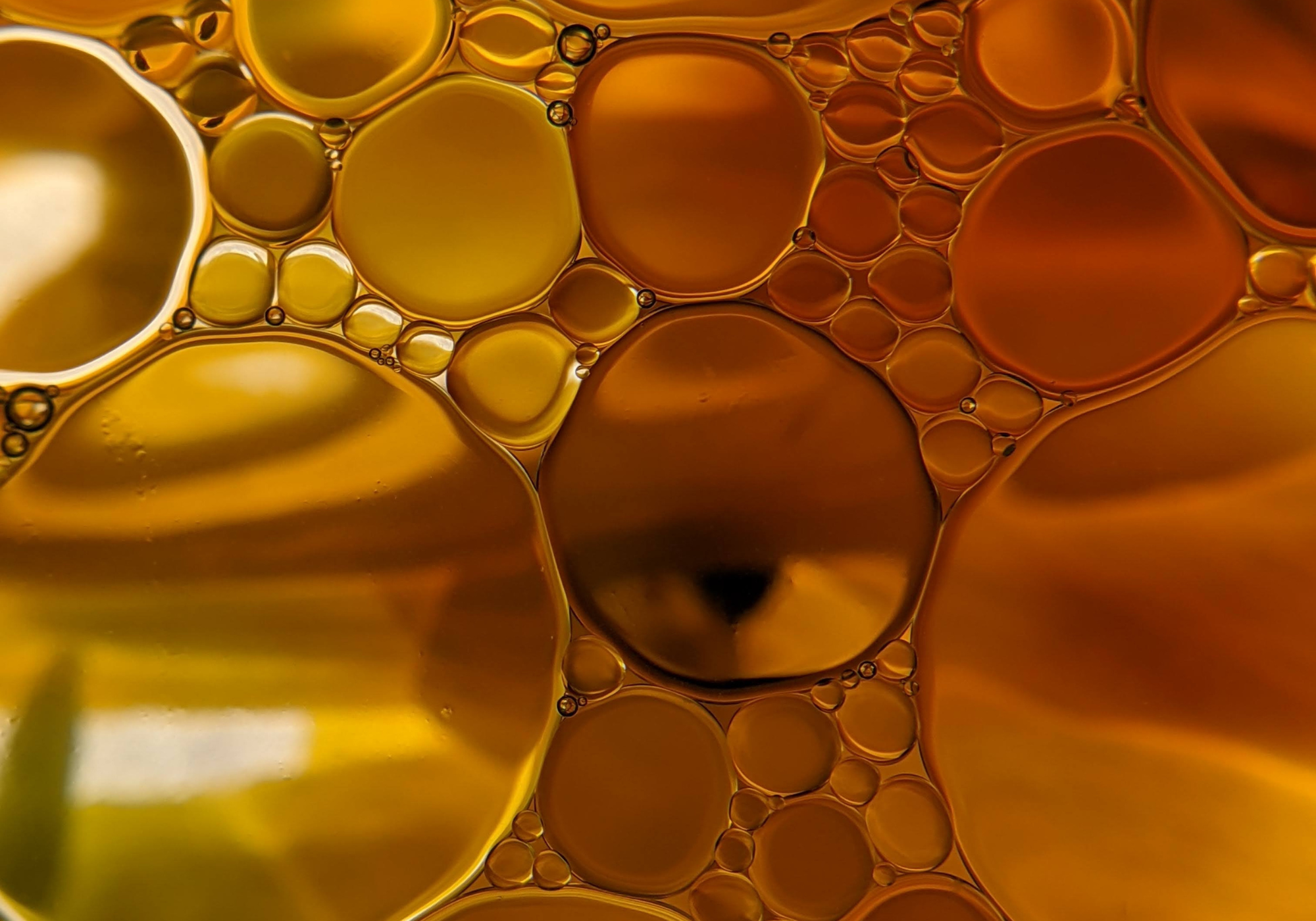
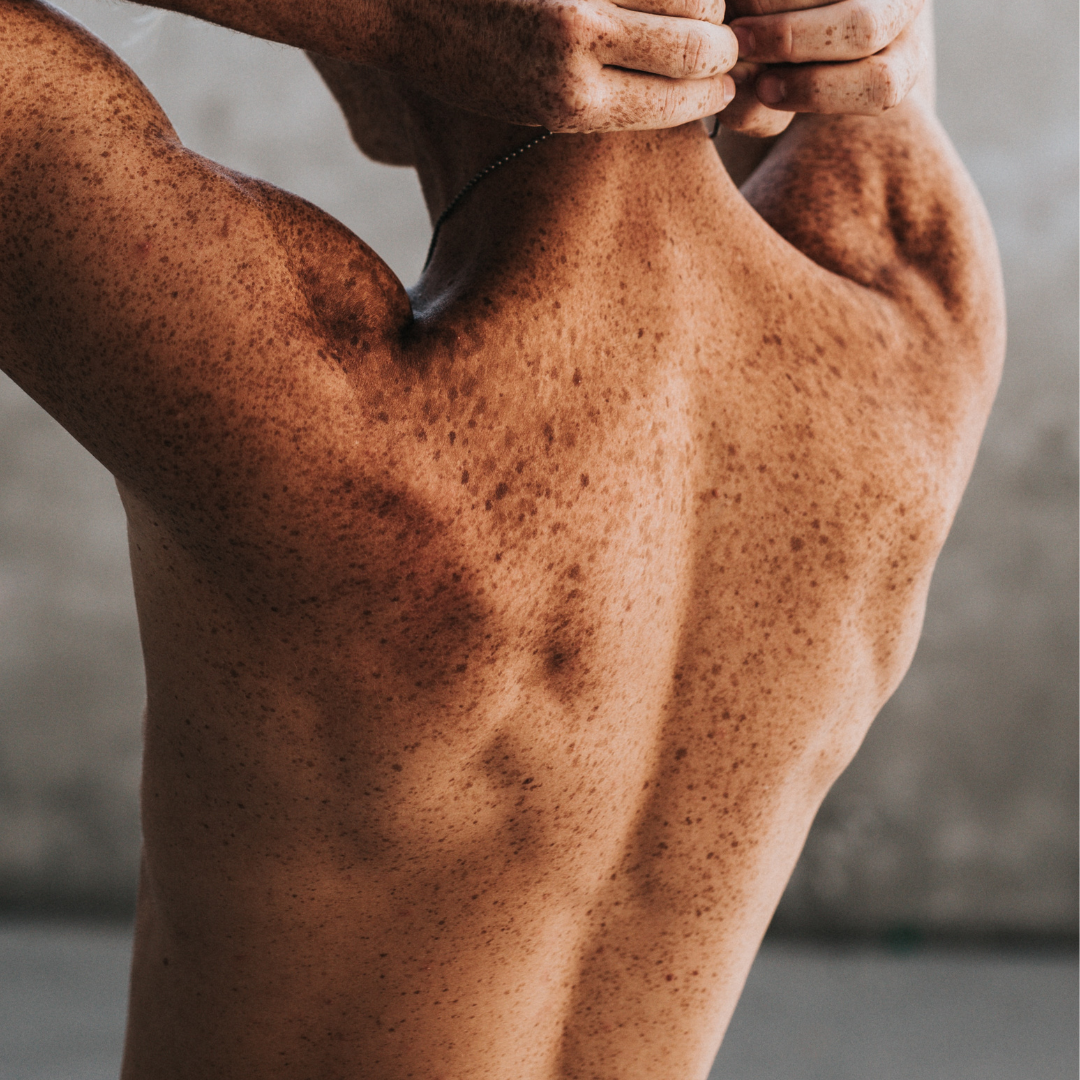


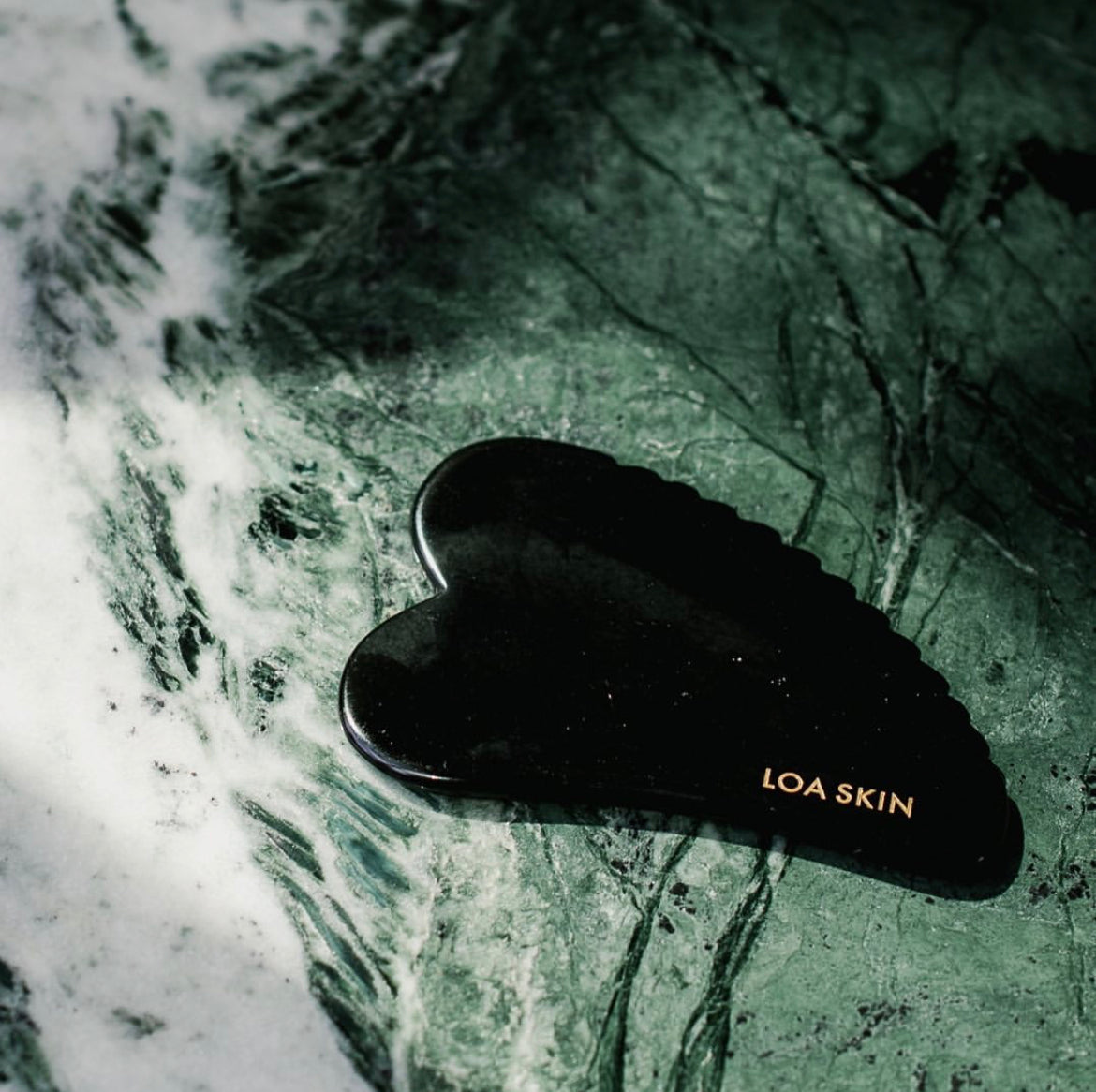
Leave a comment
This site is protected by reCAPTCHA and the Google Privacy Policy and Terms of Service apply.